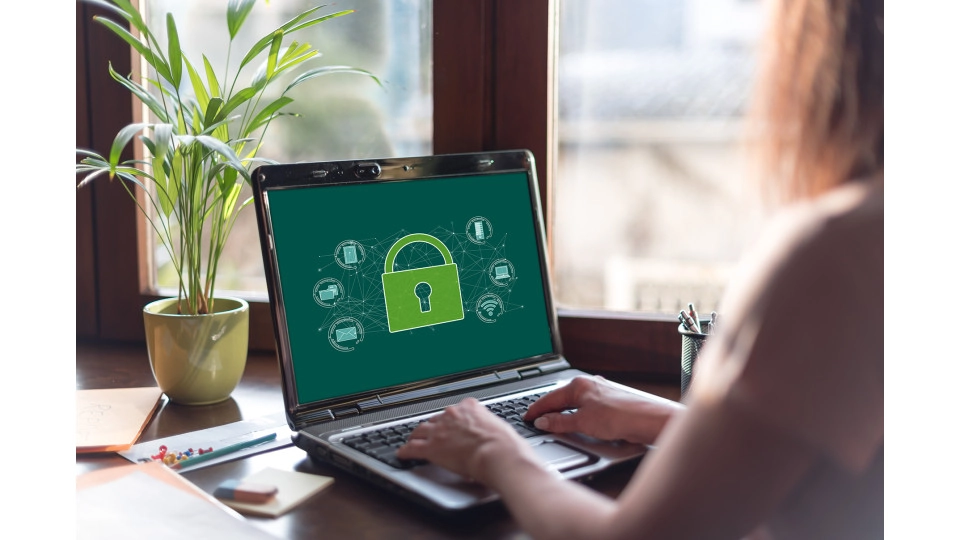What types of computer viruses are there how do you protect against them?
When you think of a computer virus, you often immediately think of a piece of unwanted software that can get into your computer. However, modern security solutions focus on total protection. They prevent viruses from being downloaded onto your computer. In the unlikely event that this does happen, these programmes neutralise the virus immediately. But computer viruses are no longer the only danger lurking. There are many other threats, such as:
- Identity fraud
- Ransomware
- Phishing
- CEO fraud
1. Identity fraud
Criminals steal a digital copy of your ID card or passport to use it to commit digital fraud. With your personal data, they can use it to take out loans or buy products, among other things, with all the consequences. Many victims suffer both financial and emotional damage from identity fraud.
2. Ransomware
This type of computer virus locks the hard disk (encryption) of all devices on the network. This makes all files on that hard drive inaccessible. Sometimes the files are also stolen (remotely) and copied to a remote location. For a fee, the lock is undone and you can access your files again. The ransom demanded is often a percentage of annual turnover. Criminals use very sophisticated techniques and earn millions of euros with this type of virus.
3. Phishing (fake e-mails en websites)
Through phishing, criminals try to steal confidential (banking) data from you. This often involves financial data. Think of the data you use for internet banking, Paypal or credit cards registered on your name. These details are then used to make purchases that you have to pay for. Phishing often happens via fake e-mails or fake websites. A good virus scanner will recognise these fake e-mails and websites and block them so that your data cannot be stolen.
4. CEO fraud
CEO fraud is used with great frequency in the business world. This is a specific form of phishing that targets executives and aims to capture sensitive data or money from a company. It often starts with an e-mail that appears to come from a colleague or other executive containing a request for information or money. When complied with, the money is almost always transferred directly to a criminal organisation rather than to a legitimate business purpose.
Tips to secure your devices against computer viruses for free
1. Use a VPN
Make it as difficult as possible for hackers and use a VPN to secure your connection. Even when that connection is secure, make sure you have strong passwords. After all, hacking a strong password is impossible or takes hundreds of years.
2. Use a password manager
A simple password can be cracked in seconds. With a password manager, make sure you use a different password everywhere.
3. Use free dark web monitoring
Sometimes things can go wrong. For example, a web shop where you bought something gets hacked, so your data is no longer safe. Make sure you are aware of that break-in as soon as possible by using a package that includes dark web monitoring. Go to the free site haveibeenpwned.com or choose a security package with dark web monitoring (e.g. Norton 360).
4. Secure all your devices
In addition to all the above points, make sure of course that you secure all the devices in your home network. Every device should have a good virus scanner. Because the virus scanner regularly checks your devices, viruses do not stand a chance.
Protect yourself against computer viruses and fraud
One of the most important tips we can give: be wise and think about what you do online and what data you share. Make sure you can always go back in case of emergency and therefore make good backups, including of files in cloud storage locations. While doing so, secure yourself against threats by using a good virus scanner. Follow these tips and make sure you do not become a victim of digital crime.





